Get the latest recap of JSE news in the Ghost Wrap podcast, brought to you by Mazars:
Castleview signs off on its first year in current form (JSE: CVW)
The year-on-year moves aren’t meaningful here
Castleview Property Fund has been through a major restructuring process, so comparing this year to the prior year (which also happened to be a 13-month period) isn’t helpful. It makes more sense to just view the current year in isolation.
For the year to March 2024, the total distribution per share was 52.823 cents. At R8.50 per share as the current traded price, this puts it on a trailing yield of 6.2%. The net asset value (NAV) per share is R8.70, so the fund is trading close to its NAV. Sadly, “trading” is a relative term here, as there’s no liquidity in this thing due to its shareholding structure.
The loan-to-value ratio net of cash is 48.9%, which is on the high side by property fund standards.
A massive turnaround in Crookes Brothers shows you the volatility of primary agriculture (JSE: CKS)
Over two years, there’s still a headline loss in total
Crookes Brothers released results for the year ended March 2024. They show a remarkable change in fortunes, with a headline profit of R51 million vs. a headline loss of R108 million in the prior period. Where there was no dividend in the prior year, there’s now a dividend of R2 per share.
In primary agriculture, volatility is guaranteed. There are just so many variables at play, as anyone with farming experience will tell you. Crookes was on the right side of several changes in operating conditions this year, including a reduction in input costs and better prices for the sugar cane and banana operations. The deciduous fruit business was sold and the proceeds were used to settle debt.
Aside from the deciduous business as a discontinued operation, revenue was up 18%. To supplement this, there was a positive fair value move in the biological assets thanks to improved conditions. There were strong revenue contributions from sugar cane and bananas, up 28% and 25% respectively. The pressure was felt in the macadamias business, where revenue fell 62% due to low global prices and disappointing production yields.
Sugar cane reported operating profit of R205 million, so that’s the most important division. Bananas contributed R16.4 million. Losses in the macadamia division were R38.4 million.
Crookes also has a property business in KZN which reported a loss of R8.8 million. There really is some random stuff in here, like Crocworld (I’m not kidding) which reported an operating loss of R2.7 million.
Back to the important stuff, cash from operations of R206.9 million was a vast improvement vs. negative operating cash flow of R12.5 million in the comparable period.
Grindrod’s logistics volumes are mostly higher (JSE: GND)
This pre-close update doesn’t give any earnings guidance
Grindrod has released a pre-close update dealing with the five months to May. It includes some interesting data points, but doesn’t give any real guidance on earnings performance.
For example, they note pressure on cargo flows for customers and the challenges of the cyclonic event in Mozambique, yet the Port of Maputo achieved record volumes (up 17%). Conversely, Grindrod’s drybulk terminals in Mozambique suffered a 6% drop in volumes.
In South Africa, Grindrod’s volumes were up 27% in terms of tonnes handled. As a reminder, the company has been appointed as preferred bidder to develop and operate a container handling facility at the port of Richards Bay.
On the rail side, the structural reorganisation of the business is mostly complete and they have a fleet of 13 locomotives that have been freed up after mutual termination of the iron ore rail operation with the customer in Sierra Leone.
Other tidbits in the announcement include a note that trading performance in the marine fuel trading business was impacted by oil prices. They are also working to recover advances related to the KZN properties, which have been a headache for investors for a long time.
Net debt is up from R101 million in December 2023 to R455 million as at the end of May. The net debt / equity ratio is up to 4.5%.
Marshall Monteagle is profitable again (JSE: MMP)
This is thanks to a decrease in expenses
Marshall Monteagle has investments across various sectors, with recent disposals including a property in the US and a tool and machinery trading business in South Africa. They also hold listed equity investments, so this is far more like a family office and less like a typical listed company.
For the year ended March 2024, revenue fell by 13%. With expenses coming in significantly lower though, they swung from a loss of $1.8 million to a profit of $2.3 million.
The final dividend of 1.9 US cents is flat vs. the prior year.
Nampak’s continuing operations are profitable (JSE: NPK)
The metals business is the real highlight here
Nampak closed 8% higher on Friday after releasing results for the six months to March. The big swing in continuing operations would’ve been the driver of that move, with revenue up 7% and EBITDA up a whopping 201%. They generated HEPS from continuing operations of R53.94 vs. a massive headline loss in the comparable period.
Even with discontinued operations included, they managed headline earnings of R267 million vs. a headline loss of R342 million in the comparable period. The loss from discontinued operations of R530 million was far less severe than in the comparable period.
In the metals business, they are calling this performance a “step-change” and that’s a term that corporates use sparingly. With operating margin up from 5.2% to 12.3% in this business, it seems warranted.
DivFood was another area of major improvement, swinging from a loss into an operating profit of R186 million despite a slight decrease in revenue. Successful turnarounds are generally driven by cost efficiencies rather than top-line growth and this seems to be no different.
In a separate announcement, Nampak obtained shareholder approval for the disposals of the liquid cartons business in South Africa, Nampak Zambia, Nampak Malawi and Bevcan Nigeria. Nampak is tracking ahead of internal timeframes for the broader asset disposal plan to fix the balance sheet, so the market would’ve loved that news as well.
There’s no dividend of course, as they aren’t out of the woods yet with the turnaround.
Nictus achieved a significant jump in profits (JSE: NCS)
For such a small company, they put a lot of effort into their annual report
Insurance and furniture retail group Nictus released results for the year ended March 2024. Although group revenue was down 5.1%, HEPS was up by a substantial 67.4% to 20.46 cents. The share price is 80 cents and this is one of the smallest companies on the JSE, so you would expect to see a low earnings multiple.
The dividend increased by 20% to 6 cents per share.
The insurance business made all the money here, with a profit of R6.4 million after tax. The furniture retail business lost R389k. The head office segment is a profit centre in this group, with profit of R4.5 million. It really is a tiny company by listed standards, with consolidated profit for the year of under R11 million.
PBT Group is dealing with margin pressures (JSE: PBG)
A post-pandemic normalisation had to come at some point
PBT’s financial reporting is really good. They go to great lengths to include interesting charts and plenty of information about the underlying business. One of the stats that stood out for me is the five-year revenue compound annual growth rate (CAGR) of 13% vs. the EBITDA CAGR of 22%. They’ve achieved significant margin expansion over the period, assisted greatly by the pandemic and demand from clients for data and cloud-related services. At some point, everything needed to take a breather here as corporates rationalised their spend.
This is why revenue is up just 3% in the latest period and gross profit margin has contracted, as client budget constraints became a problem. This led to EBITDA declining by 5.4%, driving a drop of 10.2% in normalised HEPS.
Despite this, cash generated from operations was 4.3% higher and the total dividend for the year ended March 2024 was up 3.4%.
PBT Group will be presenting on Unlock the Stock on Thursday, 4th July. To pose questions to the management team, you need to register to attend the online event. You can do so at this link.
Resilient and Lighthouse gave a pre-close update and full year guidance (JSE: RES | JSE: LTE)
Leasing activity in South Africa looks encouraging for Resilient
Although these are separately listed companies, Resilient has a 30.4% stake in Lighthouse and the two funds are invested alongside each other in certain properties in Spain and France, so the performance in those portfolios is applicable to both companies.
Before we get into the specifics, Resilient’s guidance for the full-year dividend is 410 to 420 cents per share. Based on the current share price, this is a forward dividend yield of 8.9%.
Lighthouse has guided for EUR 2.40 to 2.50 cents per share in distributions this year and hopes to be at the upper end of that guidance. Based on the current exchange rate, Lighthouse is on a forward yield of roughly 6%.
Resilient’s portfolio
In Resilient’s South African portfolio, leasing activity for the interim period has been strong. Rentals on new leases came in 36.3% higher than outgoing leases and they have strong annual escalations as well. Overall vacancies are down to 2.1%. It’s worth noting that solar energy currently provides 27.7% of Resilient’s total energy consumption, with an expectation for this to increase to 35% by the end of the year.
The Nigerian portfolio is being sold to Shoprite, with competition commission approval in South Africa and Nigeria having been achieved in May. These operations will be reported on a deconsolidated basis in the interim period.
Joint investments in Spain and France
In Spain, comparable sales growth was 7.3% for the four months ended April.
In France, comparable sales fell 4% for the four months to April based on political worries in the country. But despite this, net operating income is expected to be 8% to 10% higher thanks to vacancies being filled. Even then, the vacancy rate of 7.5% has more room for improvement.
Lighthouse-specific investments
During the four months to April, comparable sales across the Lighthouse portfolio (including the above assets) increased by 3%. The Iberian portfolio is 66% of Lighthouse’s property portfolio and is performing well, with sales growth well above the inflation rate in the region.
In Slovenia, comparable sales for the four months to April increased by just 1%.
Based on that strong performance in Iberia, it’s worth highlighting some additional details in the announcement on recent acquisitions in Spain, which were concluded at net initial yields of 7.5% and 7.7%. These deals were funded by the disposal of Hammerson shares. Still, Lighthouse’s loan-to-value ratio has increased from 14% to 20.3% as at the end of April 2024. This isn’t slowing them down, as there’s another deal underway to acquire a mall in Iberia.
After the disposals of Hammerson, Lighthouse’s stake has decreased from 16.3% to 7.0%.
SA Corporate Real Estate expects 6% growth in the interim distribution (JSE: SAC)
It helps that Indluplace is performing ahead of the acquisition expectations
SA Corporate Real Estate released a pre-close presentation for the six months to June. It goes into great detail on the portfolio, with the key takeout for me being that the industrial portfolio is still delivering the best performance.
For the six months, net property income is up 6.7% in the industrial portfolio vs. 3.0% in retail and 3.2% in Afhco. At recently-acquired Indluplace, they are running 2% ahead of the acquisition model.
In the retail portfolio, Pick n Pay contributes 2.3% of total portfolio revenue. They are actively managing the situation, including downsizing of hypermarkets.
Reversions are only marginally positive for the retail and industrial portfolios, with tenants clearly negotiating hard. In the residential portfolio, rental increases are better as one would expect.
With a loan-to-value ratio at the end of May of 42.6%, this balance sheet is running a little hot. They are working on a significant pipeline of asset disposals and they are raising equity capital for the unlisted residential fund, which will take some pressure off.
The fund expects distributions to be 6% higher for the interim period and between 5% and 7% higher for the full year.
Little Bites:
- “Normal” director dealings:
- An executive at Richemont (JSE: CFR) sold shares worth R24.5 million as part of stock options received from the company. That should buy a fancy timepiece or two.
- A director and an associate of a director of NEPI Rockcastle (JSE: NRP) bought shares in the company worth €52.5k.
- A director of Brimstone (JSE: BRT) bought ordinary shares worth R163k and the N ordinary shares (JSE: BRN) worth R92k.
- A director of Copper 360 (JSE: CPR) acquired shares worth R67.5k.
- Unusual director dealings:
- Adrian Gore has made changes to the option structure recently entered into over his shares in Discovery (JSE: DSY). The new deal is for put options at R111.50 per share and call options at R180 per share, in both cases expiring in November – December 2025. Based on the current price of around R135 per share, this hedge related to a value of roughly R310 million.
- In a useful example of a different type of hedge, Michiel le Roux (operating through an entity called Kalander Finco) hedged R231 million worth of Capitec (JSE: CPI) shares (put R2,311.87 and call R4,322.67) with a weighted average term of 3.43 years, all part of security for a loan. In this case, the listed shares are essentially security for the loan and the option structures provide protection for all involved against an extreme event. For reference, the current price is R2,629, so the put option protection isn’t very far away from the current price.
- Here’s another derivate trade for you, this time by Kevin Ellerine who is a director of Hyprop (JSE: HYP). After unwinding calls and puts entered into in October 2020, the new trades are a long call at R31.48 and a short call at R47.22. In other words, he wins above R31.48 per share and loses above R47.22 per share. Hyprop currently trades at R31.40. The derivatives expire in 2027.
- A director of Italtile (JSE: ITE) pledged R37 million worth of shares as part of financial obligations related to the director’s extended family. In cases where these structures end up going wrong and the shares go to the financial institution as security, they almost always end up being sold on market and putting the share price under pressure if the position is large enough. On Italtile’s market cap of R14.6 million, this pledge isn’t big enough to be a concern in my view.
- An associate of a director of Mr Price (JSE: MRP) converted B shares into ordinary shares worth R40.7 million and then pledged them as part of a security arrangement.
- Based on the regulatory challenges around the deal, Ascendis (JSE: ASC) announced that the fulfilment date for the remaining condition precedent has been extended to 20 July.
- Attacq (JSE: ATT) announced that it has taken transfer of the remaining 20% in Mall of Africa. The seller is Atterbury, which is part of the RMB Holdings (JSE: RMH) portfolio.
- Hulamin (JSE: HLM) announced that Volker Schuette has increased his stake in the company to 6.7%. Although it’s usually the case that nothing really comes of these sorts of moves on the register, they are always worth noting.
- Sasfin (JSE: SFN) announced that the fulfilment date for the condition precedent for the deal with African Bank has been extended to 30 September 2024. This is due to delays in regulatory approvals.
- aReit (JSE: APO) declared a dividend of 10.99 cents per share. Combined with previous dividends related to the 2023 year, this represents 100% of profit for the year ended December 2023.
- MC Mining (JSE: MCZ) has entered into a R20 million loan facility with Dendocept, which has a 6.8% stake in MC Mining. It certainly isn’t cheap financing, coming in at prime plus 3%. That’s in line with the current bank financing in the group, which tells you a lot about the cost of debt for a junior mining house.
- Conduit Capital (JSE: CND) is suspended from trading and must release a quarterly update, with the latest such example released on Friday. The hearing for the liquidation of Conduit Capital and Conduit Ventures was postponed to 2 August. Importantly, CRIH is due R50 million from Trustco under an arbitration award and is taking steps to enforce the award. The disposal of CRIH and CLL is a matter of ongoing negotiation with the Prudential Authority, as the deal was blocked. These are just some of the matters that the group is dealing with, all while trying to catch up on financial reporting.
- Although immaterial to the overall group, it’s interesting to see Equites Property Fund (JSE: EQU) taking the route of wanting to execute a specific repurchase from executives who received share awards, thereby giving them the cash to settle the tax. This is instead of the executives selling the shares on the market. I’m just not sure what the point is really, as Equites and those executives can very easily achieve both their objectives (a repurchase on one hand and a disposal on the other) in on-market trades, especially when we are talking about an amount of just R2.8 million.
- Sable Exploration and Mining (JSE: SXM) released a trading statement for the year ended February 2024 that reflects a headline loss per share of between 45 cents and 55 cents.
- Sebata Holdings (JSE: SEB) announced that the release of its results for the year ended March has been delayed to 14 July.
- Numeral (JSE: XII), which must have the smallest market cap on the JSE, released results for the year ended February reflecting headline earnings of just $21.6k.
- Chrometco (JSE: CMO) is currently suspended from trading, so it must release a quarterly update. The auditors are busy with the 2022 – 2024 audits, made more difficult by subsidiaries in the group being in business rescue.

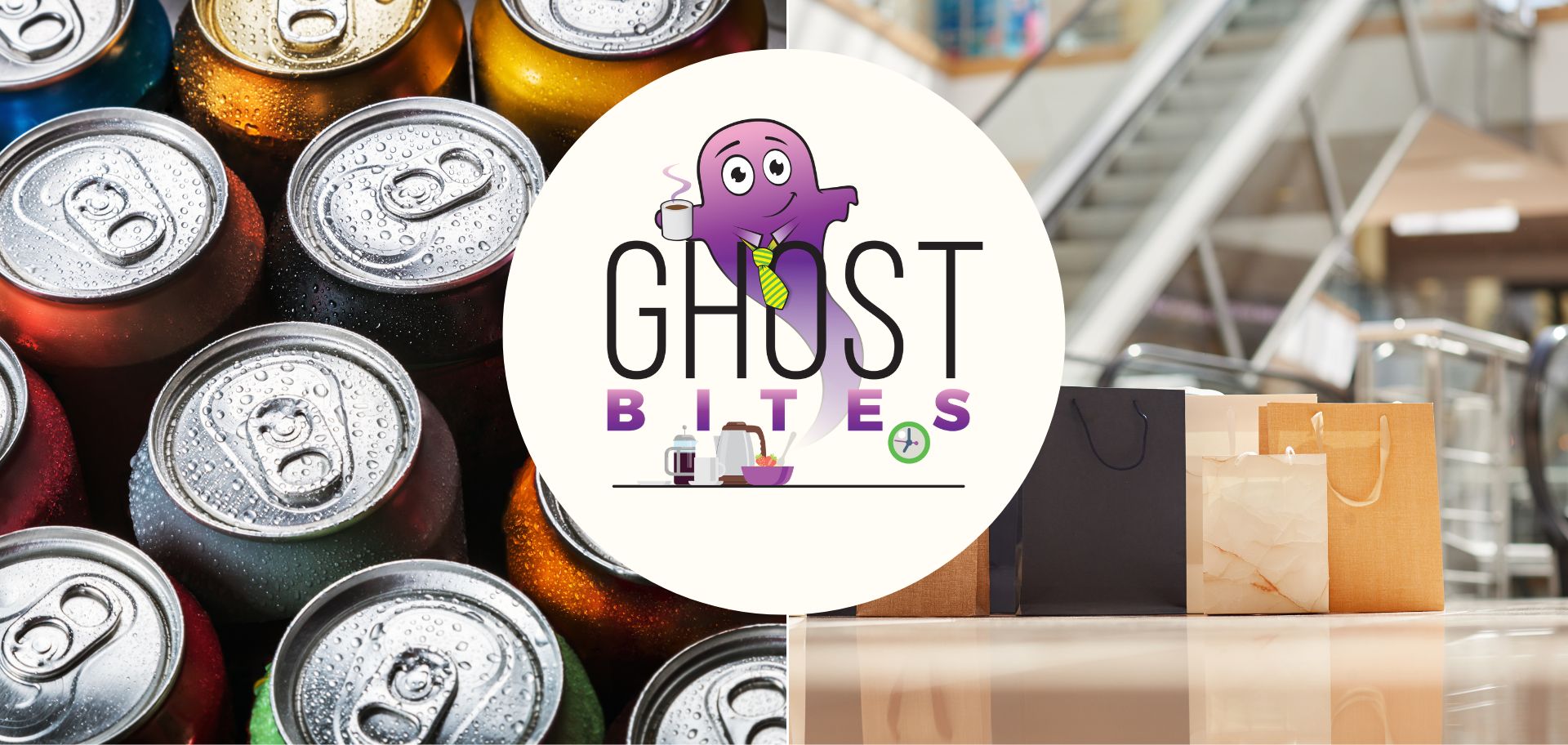

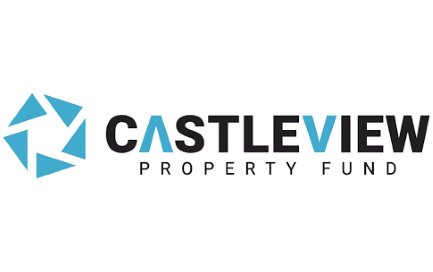
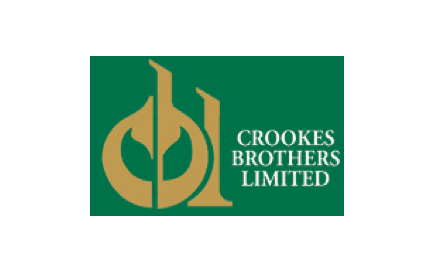
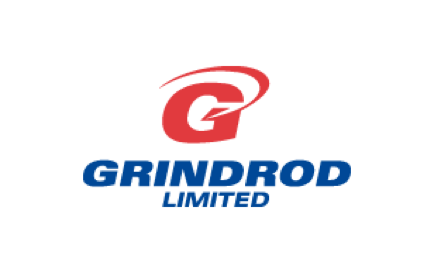
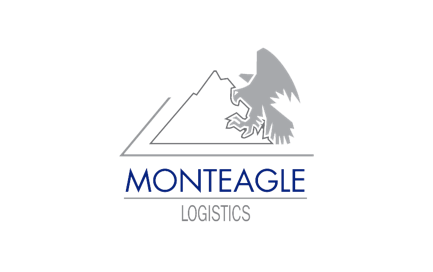
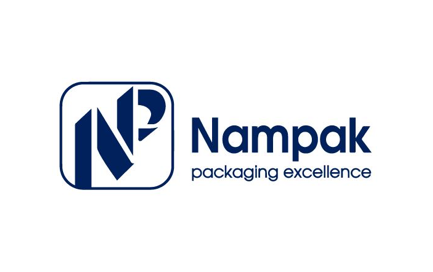
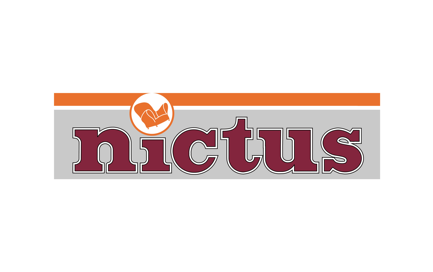
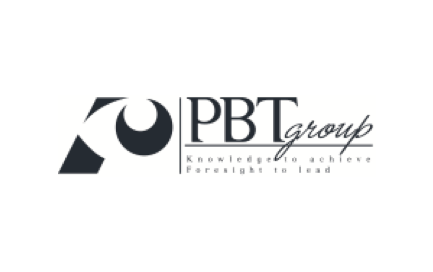
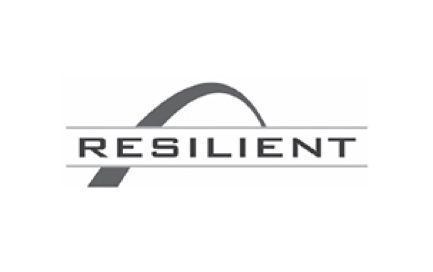


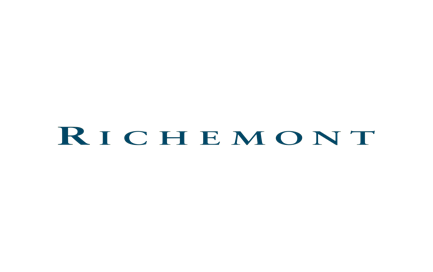
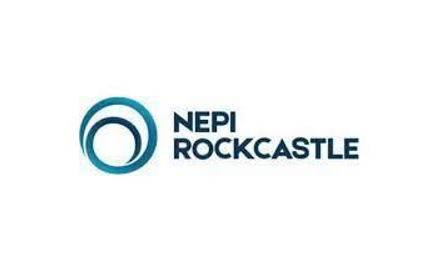
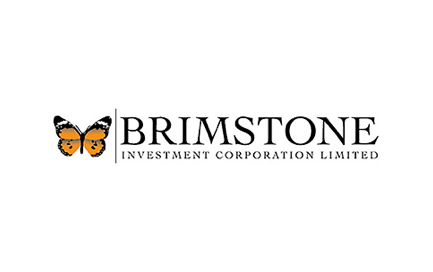
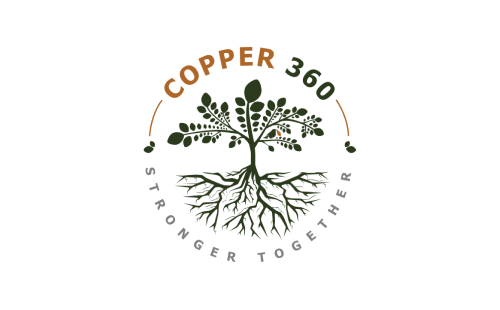

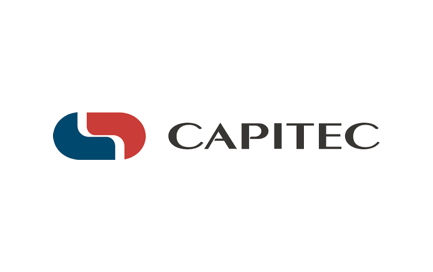
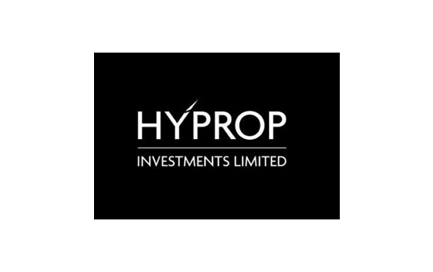
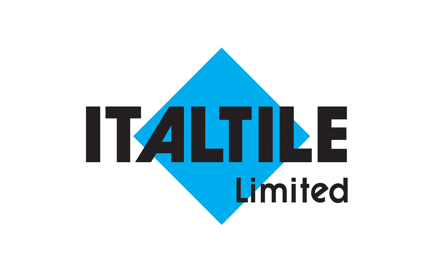
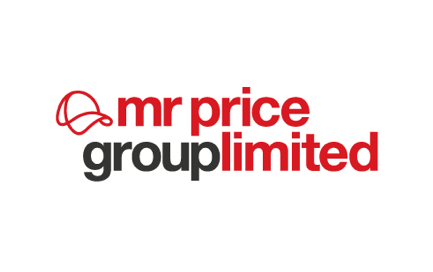
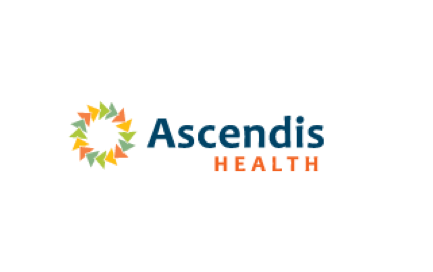
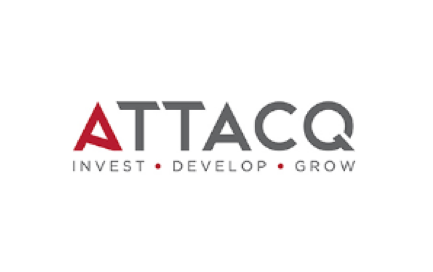
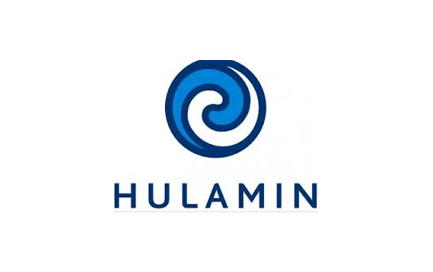
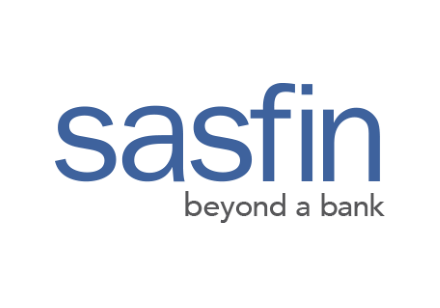
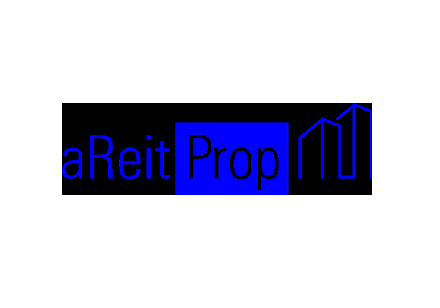
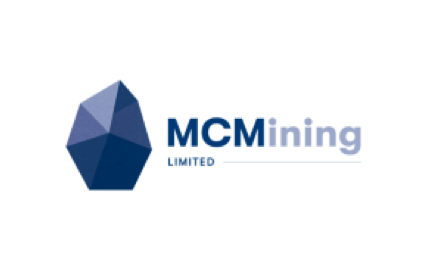
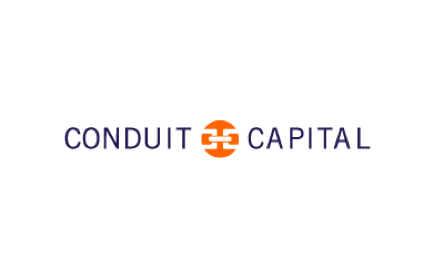
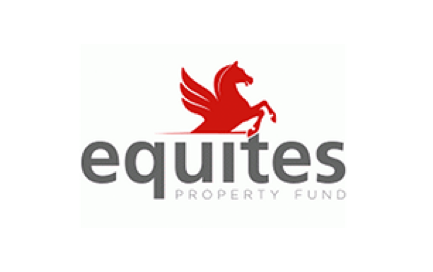
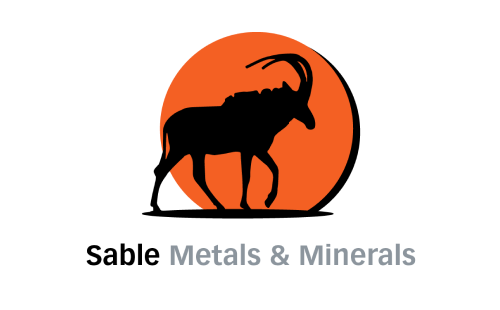
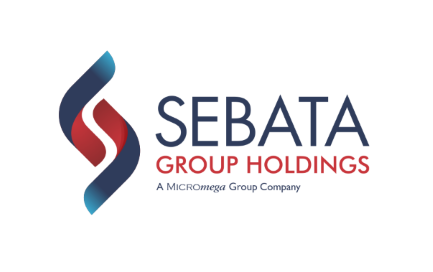
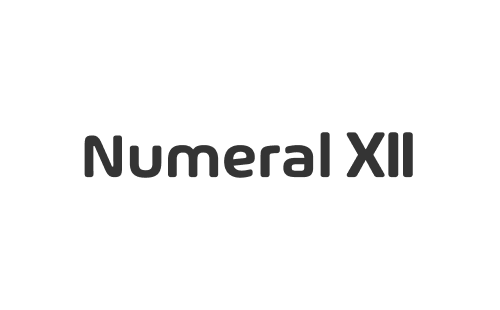
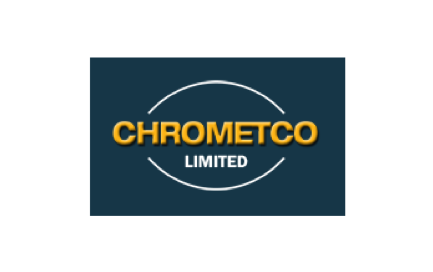


The bid on Crookes Brothers Ltd is R29.75 and the ask R49.60. Not particularly liquid.
Sadly not – and many such examples on the local market.